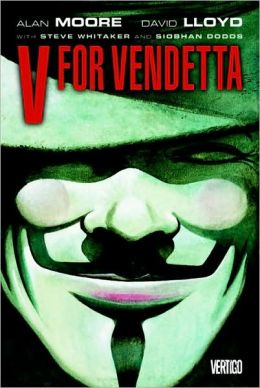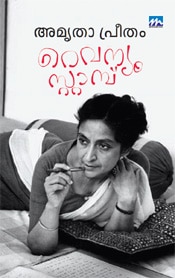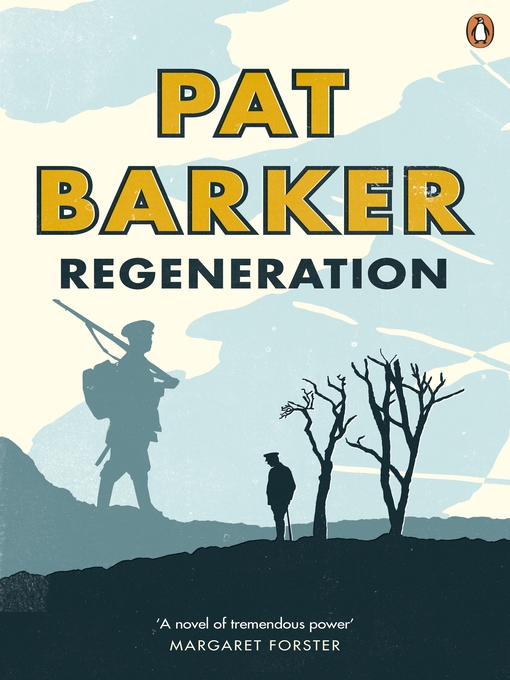The first one for 2013 was
The Postmaster by Rabindranath Tagore. This is a short story
collection written while he was still in his youth, mostly from his
experiences as a landlord when he had to travel around to collect the
rent from tenents. As it says in the introduction, it
was the young Tagore all the way, yet those stories seem to extend to
eternity, like the wait of that girl in Postmaster, or the presumed
meeting of Kabuliwalah with his daughter, and similarly, the people left
to themselves in their dilemma. I suppose it
was the beginning of his sagely transformation. One could sense some
faint hints of disenchantments and detachment brooding in dark corners.
The book also packed some poetry as well as fascinating letters he wrote
to his niece and friends, brimming with compassionate
and wise words. I felt his narrative to be very simplistic and
straightforward. I was thinking how apt Tagore's stories are for
children for its simplicity.
The second book was
The Stranger by Albert Camus. It is a dispassionate first person
narrative of a seemingly simple person. He is kind of an outsider to the
society and even himself. One might be tempted to call him cold. For
instance, he goes to a comedy movie with his girlfriend
a day after his mother's funeral. Does that sound odd? Does he not have
sorrow? he does. Is it necessary behave so as to show that to the
public?, it might appear as misplaced. But here, he loved his mother.
Yet, that is what he is. The story takes tragic
turns and at each turn we cringe as to why he yield to a prescribed
social conduct, even when it is judging him on their misplaced unreason.
One might even get annoyed at his complacency. In the afterward, the
author tries correlate the protagonist of this
story with Christ. But here I didn't feel like he was deliberately
acting out that way. I was hoping that author would say that it is
perhaps a neural abnormality. A very valid point the story puts through
is how someone who doesn't fit into the shoes of the
society may be treated with hostility. Rather, it creates panic in the
people who follows a certain order, for they know better of its
fragility. V (of vendetta) says something interesting as well while
tipping off his dominoes.
The Tell-Tale
Brain: A Neuroscientist's Quest for What Makes Us Human. Dr
Vilayanur Ramachandran is a popular neurologist whose studies on brain
and various neural abnormalities have shed light on possible several
interesting things that perhaps gives hope in explaining
a lot about humanity, and human behavioral and cultural evolution. It
also explains several little known aspects of brain. In this book he
tries to find how human nature developed in humans, basically through
his study on mirror neurons. Also have several
interesting writings on Autism, synesthesia, creativity etc. Not only
that, he also dwells into things like self-awareness, language, syntax
etc, and tries to explain how they all workout in the brain. The book is
written in a very humorous way, and I felt
non-medical people as well can understand it.
V for Vendetta.
"Behind this mask there is more than just flesh and blood. Beneath this
mask there is an idea... and ideas are bulletproof."
Don't have anything much to say about this book. It was just awesome.
Story is by Alan Moore and graphics by David Lloyd. Whatever the words
couldn’t express, Lloyd has filled with images. The masked man had
created a rave after the book was published, and
got more popularity with the movie by Watchowski brothers. What I like
about V the most is he is masked; he is anonymous, his thoughts are not
corrupted by what he maybe. Like he says, he is merely an idea. He
doesn’t have an identity, he is thus free. Although
I have watched movie umpteen times, I had the same exciting experience
reading it. I might as well buy one for my shelf.
റവന്യുസ്റ്റാമ്പ് Revenue Stamp.
This is the autobiography of famous Punjabi writer Amrita Pritam. I
haven't read any other works of hers. Besides, from what I have read and
heard, her life story is perhaps the best place to start. Incidentally I
came across this Malayalam version and picked
it up. What is so inspiring is her broad mindedness, and a lively
outlook towards life, love, friendship and literature. Her recollection
of those love affairs and friendships that fueled her creativity,
nonetheless were very inspiring. She also recollects
the kind of attitude she had to confront from many other contemporary
writers. Perhaps a woman writing openly of her thoughts terrified them,
made them insecure. One would wish how beautiful it would be to be in
company of people who could only speak in the
language of art and literature.
Shadow lines by Amitav Ghosh. I liked
this purely because of its introspective narrative. I felt genuineness
in the concerns, fears and this whole narration of his life singled
around the political violence. Loved each character in this
book and the way narrator presented them. A self-styled Intellectual
and mentor, his Hermione Granger kind of cousin whom he adore, a
towering grandmotherly granny and many other family members makes this a
very domestic story of families placed in Kolkata
and London. The narratives shift spaces and time erratically, it was
consistently narrated as a memoir of this wide eyed boy who isn’t able
to emotionally catch up with the families disintegrating and tragedies
that they are all trying to come in terms with.
This is the fictionalized account of
real story of two young men who, of disappointment in not finding money
they expected to steal, brutally murders everyone of a family. But when
their story is told, it turns the whole thing awkwardly
revolting. Capote's masterpiece shows establishes what fragile society
we live in, which is reluctant to accept the responsibilities of the
monsters it creates every now and then. At the end, although trial and
execution is over, something still lingers on,
like a disappointment at how people could have otherwise nothing wrong,
tumble senselessly into the abyss of crime.
This
book had created a lot of controversy, on capital punishment, on
mindless gun usage and also on giving false hopes to the accused from
whom Capote had extracted a big part of the story. In the movie
'Capote', this incident is depicted.
















